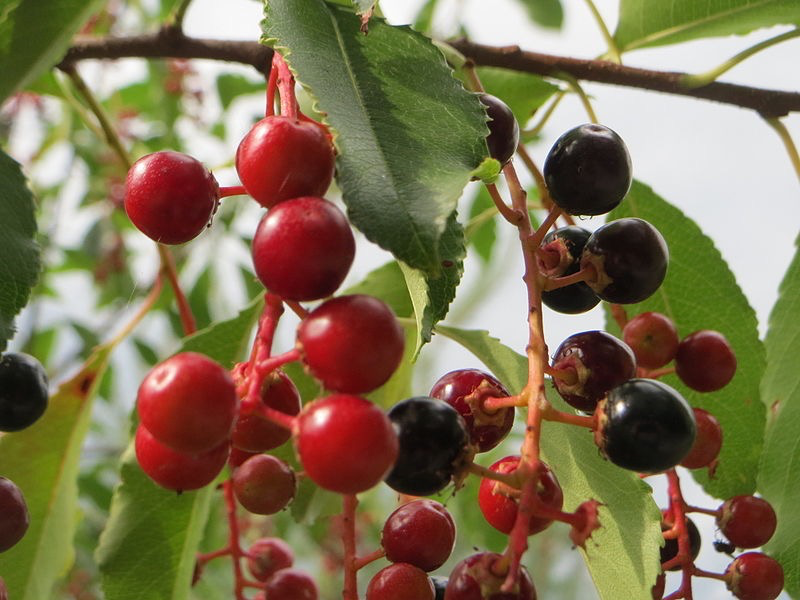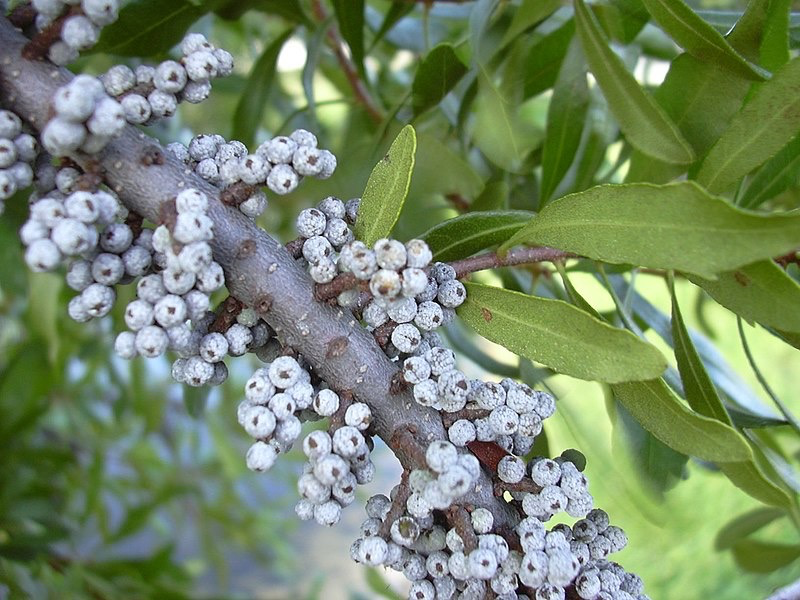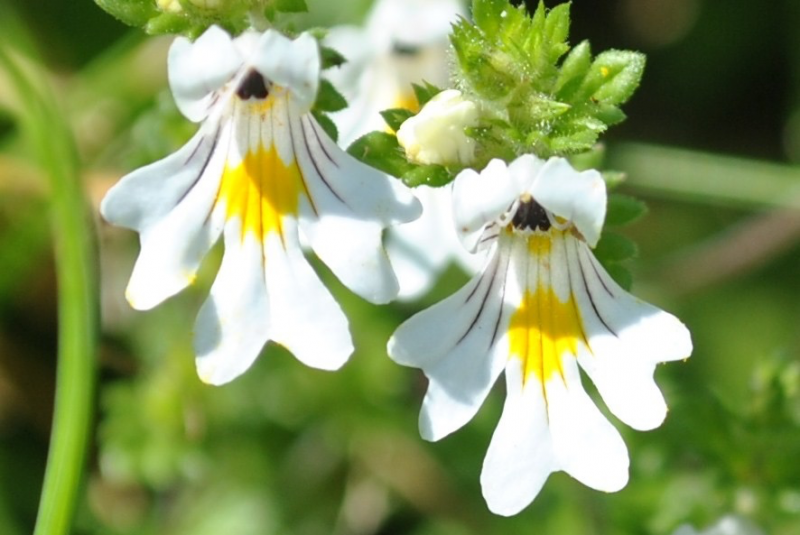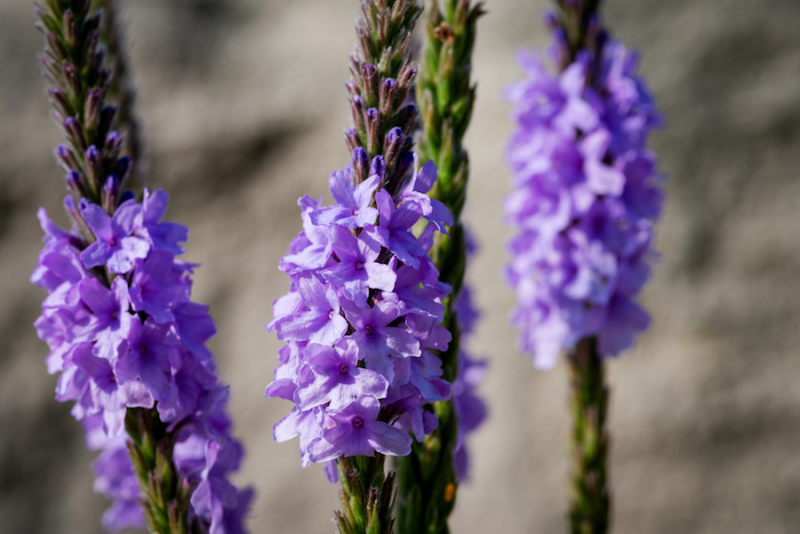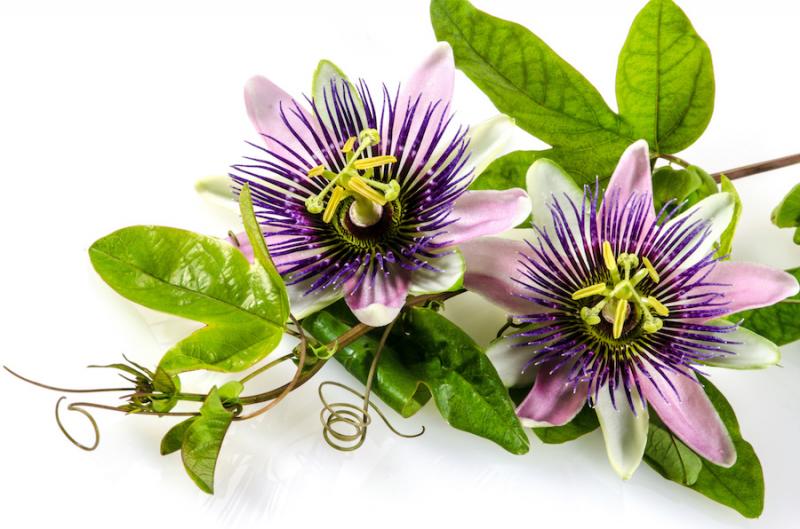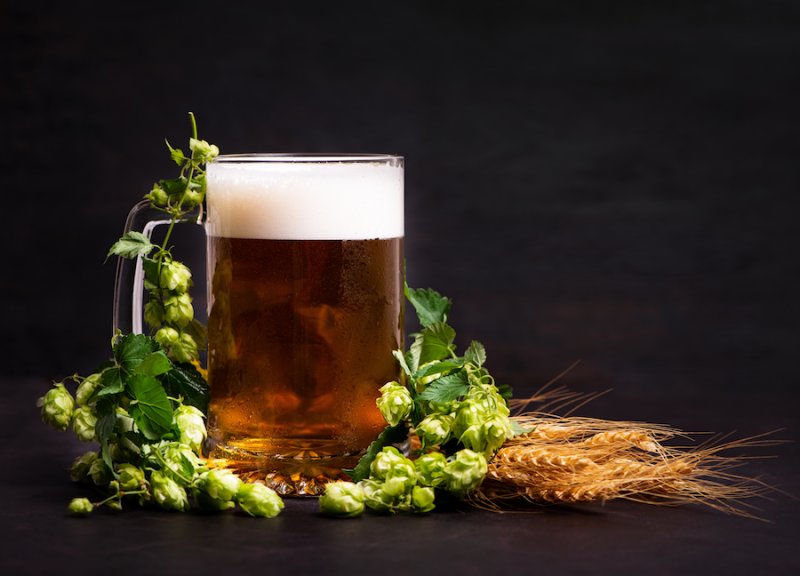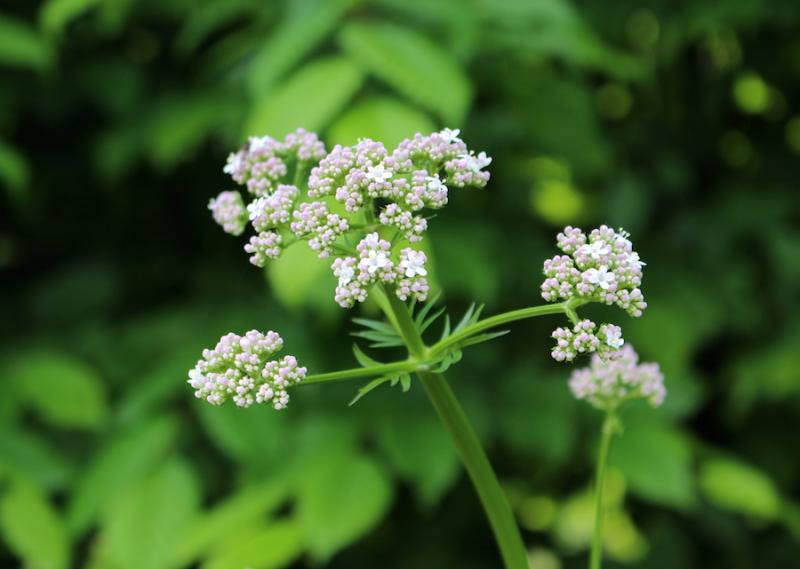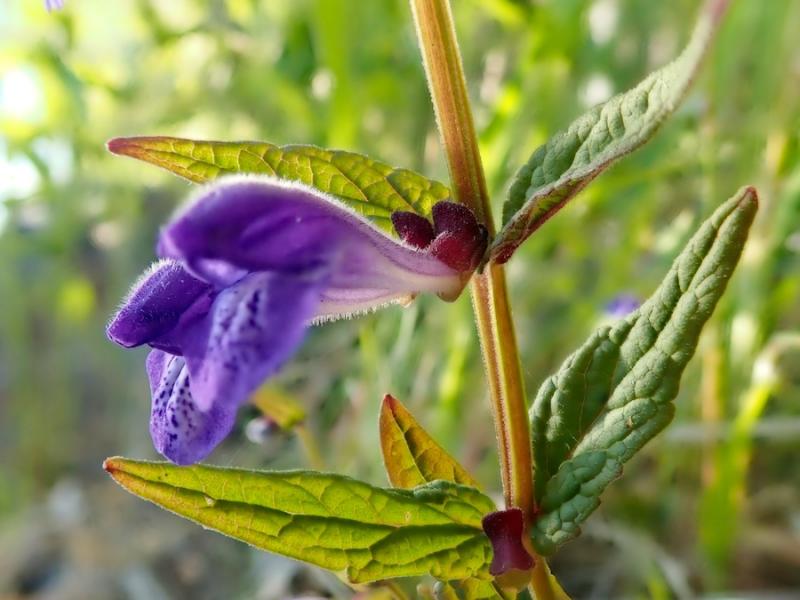- April 20, 2021
Wild Cherry Bark: A Tasty Cough Remedy
Have you ever noticed how many cough drops and syrups have a cherry flavor? I believe the use of cherry flavoring in cough medicines traces back to the use of cherry bark as a cough medicine. You won’t find it in the cherry-flavored over-the-counter medicines, but there are still cough syrups at the health food store that use cherry bark. I used to make a homemade cough syrup for my kids using wild cherry bark and white pine bark as the primary ingredients, and not only was it effective, it was…
- April 13, 2021
My Favorite Astringent Herb: Bayberry
The writings of the early American herbalist Samuel Thomson have greatly influenced my approach to herbalism. And one of the many useful ideas I got from him was the importance of tasting remedies to help me understand their actions. In his book New Guide to Health, he wrote: “This practice of tasting herbs and roots has been of great advantage to me, as I have always been able to ascertain what is useful for any particular disease, by that means…. I was often told that I should poison myself…
- April 6, 2021
Eyebright: The Herbal Eye, Ear, Nose, and Throat Doctor
Spring is here! Flowers and leaf buds adorn the trees and soon spring flowers will be popping up everywhere. Unfortunately, for too many people, this is a miserable season because of hay fever, or seasonal allergic rhinitis. For these unfortunate souls, spring means a stuffed up, itchy nose, red and watery eyes, and other unpleasant symptoms. That’s why I’m discussing eyebright, which is one of the three main herbs I use to counteract respiratory allergies. Eyebright is one of those plants that…
- March 30, 2021
Vervain: The Perfect Nervine for Hard-Driven Workaholics
One thing that makes someone a better herbalist is the ability to match herbs to personalities instead of disease patterns. If someone is stressed, tense, or anxious, just about any nervine herb will probably help. And a formula containing several nervine herbs will almost definitely help. But, if the herbalist is familiar with many herbs, he or she will be able to select an herb based on what they observe about a client’s personality for even better results. Vervain is a great example of this.…
- March 23, 2021
Passion Flower
If you only know herbs from labels on a bottle, you’re missing a lot. Passionflower is a perfect example. The flowers on this plant are amazing to look at. Spanish explorers saw a symbolic relationship between the patterns in these flowers and the suffering (or passion) of Christ, hence the name. They saw the three styles as the three nails, the five stamens as Christ's wounds, and the long, thin fibers of the corona as the crown of thorns. The passion they saw in passion flower represents suffering,…
- March 16, 2021
Beyond Beer: The Sedating Power of Hops
Hops are widely cultivated, not for its use as an herbal medicine, but as an ingredient in beer. How it came to be used for that purpose is an interesting story related by Stephen Harrod Buhner in his book Sacred Herbal Healing Beers. In the past, people didn’t make tinctures by soaking herbs in alcohol, they made medicinal wines and beers adding the medicinal herbs in with the barley, grapes, or other substances being fermented. Many of these original spirits were mind-altering and stimulating…
- March 9, 2021
Valerian: A Smelly Herb That Really Works
When I’m teaching people about edible wild plants I talk about the difference between plants that are edible and plants that are palatable. Not everything that’s edible tastes good. Some wild foods you’d eat because you like them, and others you’d eat only if you really had to. It’s a similar thing with herbs. Some herbs are quite tasty and pleasant to take in a liquid form. Others make you glad you can take herbs in capsules. Valerian is in this latter category. It’s not only bitter-tasting,…
- March 2, 2021
Get Ahead of Stress and Exhaustion with Skullcap
When I started documenting commercial herb formulas in the early 1990s, one of the most popular combinations was the sleep formula containing hops, valerian, and skullcap. About ten different companies made it (sometimes with other ingredients, but always with these three). The formula that I used was called HVS, the first letters of the three herbs. Later the skullcap was replaced with passionflower because harvests of skullcap are easily contaminated with germander, an hepatotoxic plant that often…

